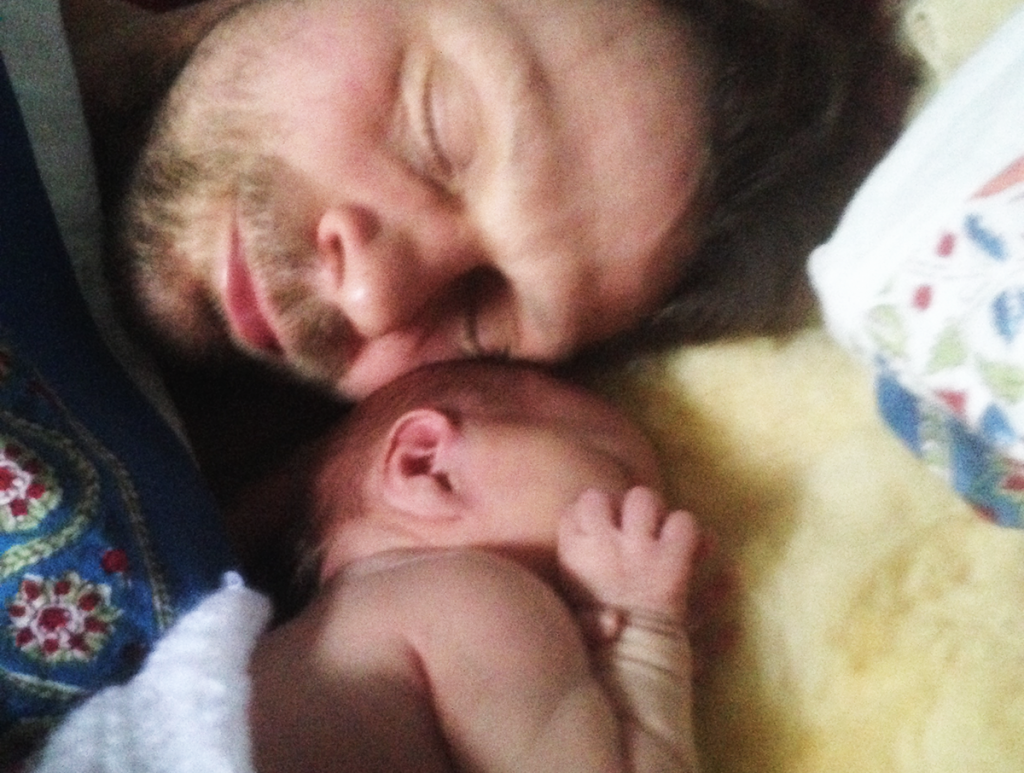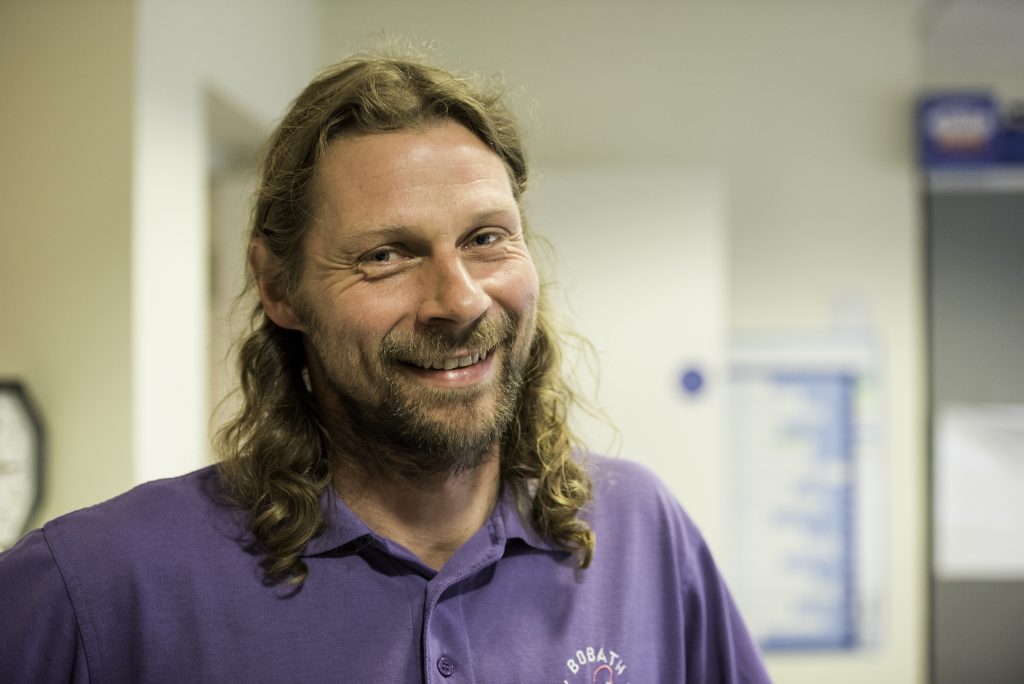Better Start is open to children with cerebral palsy age 2-14, with places funded by National Lottery Community Fund available for those living in the Greater Glasgow and Clyde health board area. This includes families from: East Dunbartonshire, East Renfrewshire, Glasgow City, Inverclyde, Renfrewshire and West Dunbartonshire.
We will be able to see a number of children from other areas if they are a strong fit for the programme, with support from other funders.
The project is fully-funded by the National Lottery Community Fund and others funders, so is free for families taking part.
What is Better Start?
Children and their families will work with our team of specialist therapists over the course of a number of sessions.
Therapists will support each child and their family to solve everyday problems – daily activities or things the child might find challenging because of their cerebral palsy.
Sessions will be personalised and tailored to suit each child’s individual needs, and those of the wider family and support network.
The aim is to ensure each child participating in Better Start becomes better connected and confident within their own family and school community, and feel more able to take control of their lives.
Sessions will also support families to help them know how best to support and enable their child to achieve to the best of their ability.
How can I apply for a place on Better Start?
Please get in touch to find out how you can get involved. Contact us on info@cpscot.org.uk or call 0141 352 5000.
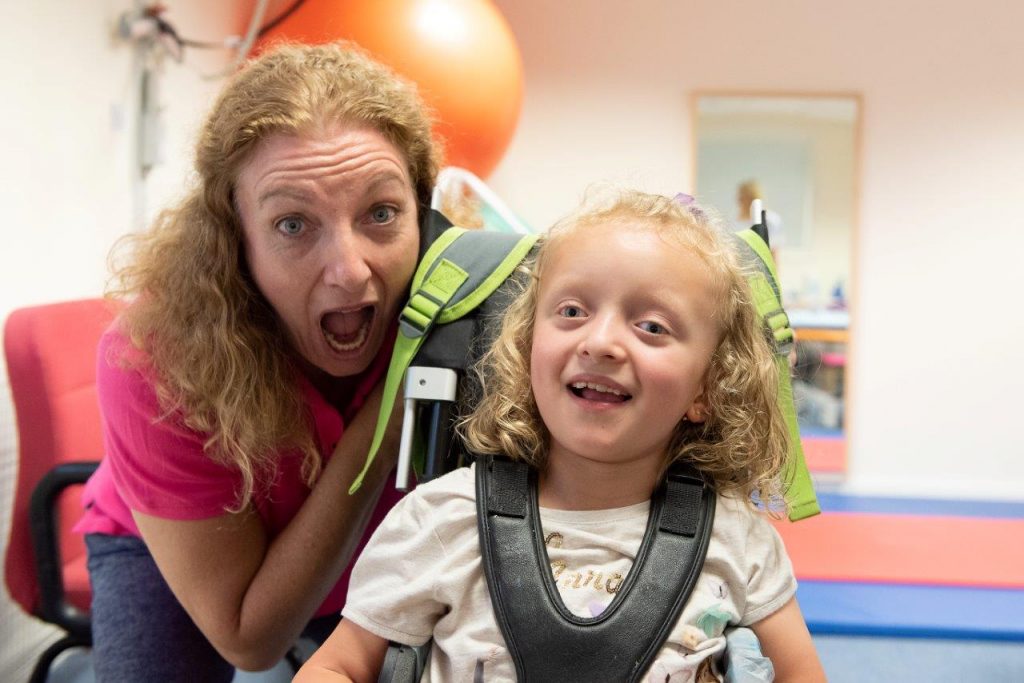
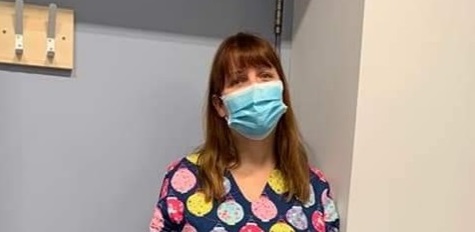
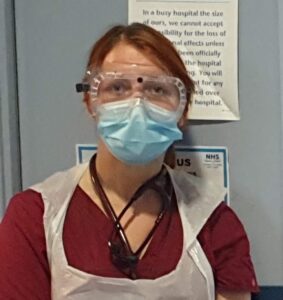 However, it is not all doom and gloom in the NHS. While there can always be things you look back on and think you could have done differently, everyone working has pulled together like never before and tried their absolute best. This time last year we had no known treatment for COVID – now we have several. The scientists have worked extraordinarily hard. I was lucky enough to have the opportunity to enrol in the Oxford vaccine trial last June (and as I subsequently found out in January – lucky to have been in the COVID vaccine group). Just 6 months on that vaccine was being rolled out to give us a route out of this pandemic, which is amazing. We have tried to continue as much of our other non-COVID work as possible. For example in the work I do with older cancer patients we have been using virtual means. COVID has given us an opportunity to change the way we work and some of that may be for the better.
However, it is not all doom and gloom in the NHS. While there can always be things you look back on and think you could have done differently, everyone working has pulled together like never before and tried their absolute best. This time last year we had no known treatment for COVID – now we have several. The scientists have worked extraordinarily hard. I was lucky enough to have the opportunity to enrol in the Oxford vaccine trial last June (and as I subsequently found out in January – lucky to have been in the COVID vaccine group). Just 6 months on that vaccine was being rolled out to give us a route out of this pandemic, which is amazing. We have tried to continue as much of our other non-COVID work as possible. For example in the work I do with older cancer patients we have been using virtual means. COVID has given us an opportunity to change the way we work and some of that may be for the better.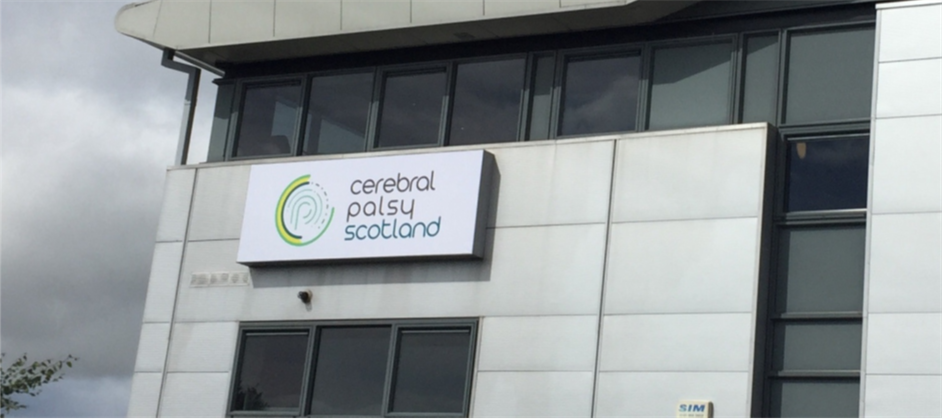
 Last week, I returned to Cerebral Palsy Scotland for a therapy session with Filip. I was given an allocated time, and when you arrive at the centre, you are required to call the number of reception as a means of avoiding touching the entry button. When you enter, your temperature is taken, and you have to go straight to the therapy room. These small changes made me feel safe and content.
Last week, I returned to Cerebral Palsy Scotland for a therapy session with Filip. I was given an allocated time, and when you arrive at the centre, you are required to call the number of reception as a means of avoiding touching the entry button. When you enter, your temperature is taken, and you have to go straight to the therapy room. These small changes made me feel safe and content.